Buying Guide

Top Portable Projectors for Camping and Outdoor...
Camping trips, RV adventures, and nights at the beach are some of the best times of the year, but keeping everyone entertained after dark isn’t always easy. Phone screens are...
Top Portable Projectors for Camping and Outdoor...
Camping trips, RV adventures, and nights at the beach are some of the best times of the year, but keeping everyone entertained after dark isn’t always easy. Phone screens are...
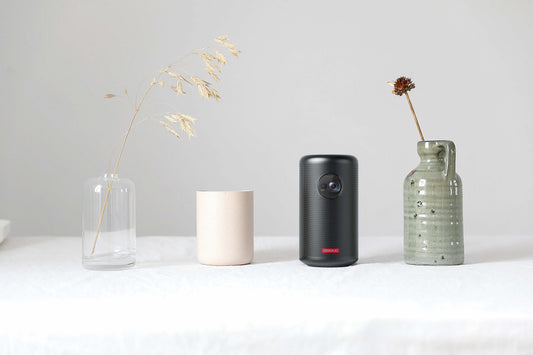
Portable Projector vs Home Theater Projector: W...
You can't carry a 65-inch flat-screen TV in your pocket, but you can toss 100-inch picture into your purse or backpack, thanks to the latest portable smart projectors. But what...
Portable Projector vs Home Theater Projector: W...
You can't carry a 65-inch flat-screen TV in your pocket, but you can toss 100-inch picture into your purse or backpack, thanks to the latest portable smart projectors. But what...
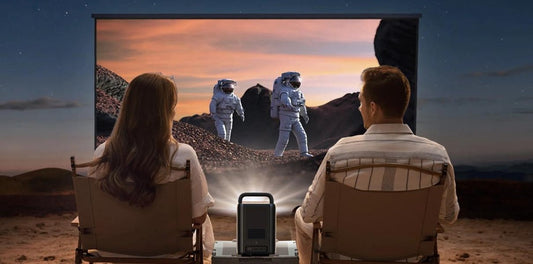
Best Laser Projector: 2025 Top Picks & Buyer’s ...
Imagine your favorite movie lighting up the screen in stunning clarity, every detail crisp and bursting with color—that’s the experience a laser projector can bring. In this post, we’re diving...
Best Laser Projector: 2025 Top Picks & Buyer’s ...
Imagine your favorite movie lighting up the screen in stunning clarity, every detail crisp and bursting with color—that’s the experience a laser projector can bring. In this post, we’re diving...
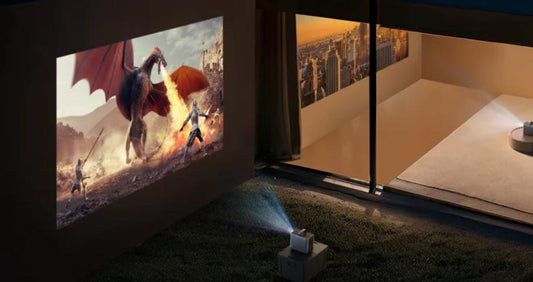
Do You Need a Screen for a Projector? Get the F...
A projector screen is a flat surface designed to display images or videos projected from a projector. It provides a smooth, reflective surface to enhance the clarity, brightness, and color...
Do You Need a Screen for a Projector? Get the F...
A projector screen is a flat surface designed to display images or videos projected from a projector. It provides a smooth, reflective surface to enhance the clarity, brightness, and color...
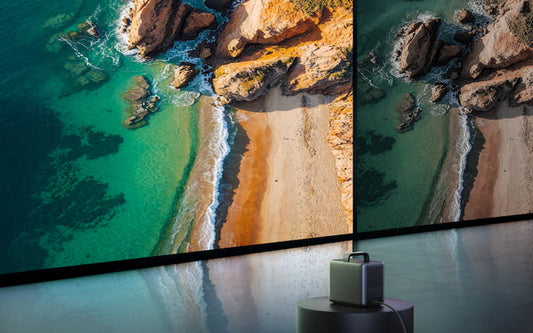
What Is Color Gamut? Understanding Its Role in ...
Have you ever noticed how colors look different on various screens? Maybe a movie looks vibrant on your TV but a little dull on your projector. That’s where color gamut...
What Is Color Gamut? Understanding Its Role in ...
Have you ever noticed how colors look different on various screens? Maybe a movie looks vibrant on your TV but a little dull on your projector. That’s where color gamut...
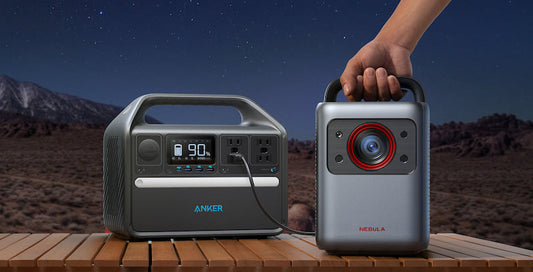
The Best Budget 4K Projector of 2025
So, you're on the hunt for the best budget 4K projector that won't make your wallet cry, huh? I get it—finding the perfect balance between quality and price can feel...
The Best Budget 4K Projector of 2025
So, you're on the hunt for the best budget 4K projector that won't make your wallet cry, huh? I get it—finding the perfect balance between quality and price can feel...